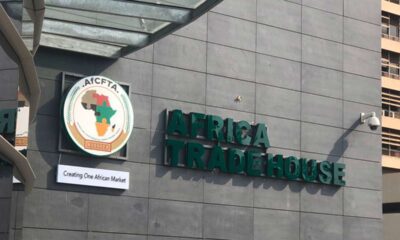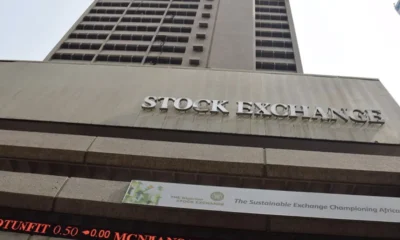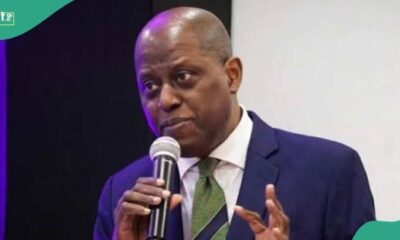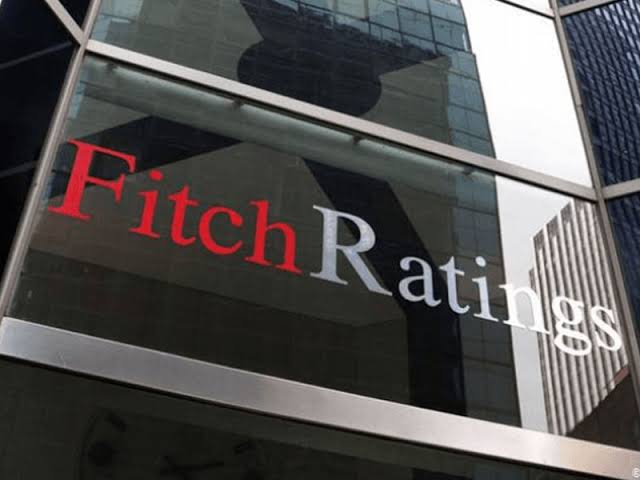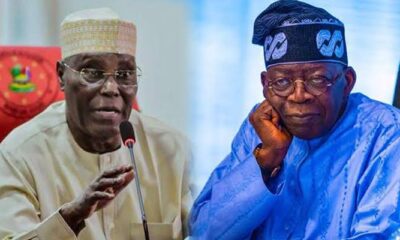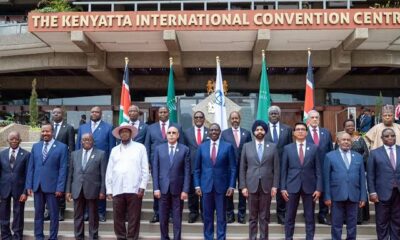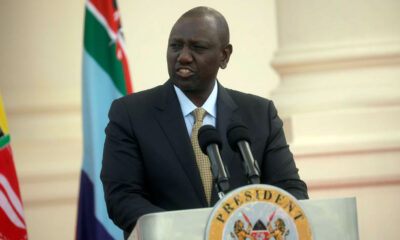Global credit ratings firm, Fitch, has claimed that approximately 30% of Nigeria’s external reserves is comprised of foreign exchange (FX) bank swaps.
This disclosure underscores ongoing uncertainties regarding the country’s net FX reserves, exacerbated by opaque entries amounting to nearly $32 billion in FX forwards, over-the-counter futures, and currency swaps listed as off-balance sheet commitments in the Central Bank of Nigeria’s (CBN) consolidated financial statement for 2022.
This disclosure underscores ongoing uncertainties regarding the country’s net FX reserves, exacerbated by opaque entries amounting to nearly $32 billion in FX forwards, over-the-counter futures, and currency swaps listed as off-balance sheet commitments in the Central Bank of Nigeria’s (CBN) consolidated financial statement for 2022.
The Central Bank of Nigeria’s (CBN) consolidated financial statement for 2022 lists approximately $32 billion in FX forwards, over-the-counter futures, and currency swaps as off-balance sheet commitments.
These opaque entries, combined with this disclosure, highlight the continued uncertainty surrounding the nation’s net foreign exchange reserves.
“Uncertainty continues over the net FX reserve position, with a particular lack of clarity on near USD32 billion of ‘FX forwards, OTC futures, and currency swaps’ recorded as an off-balance sheet “commitment” in CBN’s last consolidated financial statement for 2022.
“Fitch estimates around 30% of Nigeria’s reserves are made up of FX bank swaps, although we expect most of these to continue to be rolled over.”
Uncertainty in Nigeria’s FX Reserves.
In its latest credit outlook for the country, Fitch noted that the lack of clarity over the precise size and composition of Nigeria’s FX reserves remains a significant constraint on the nation’s sovereign credit profile.
Fitch believes that the majority of FX bank swaps will be rolled over in spite of these worries, which might offer some brief stability in the reserves management. Additional report insights point to a recent increase in non-resident inflows into Nigeria, which are being driven by more stringent monetary policy measures and a greater formalization of FX activities.
The report also showed that by the end of April, Nigeria’s gross foreign exchange reserves had dropped from $34.4 billion in mid-March to $32.2 billion. Fitch stated that in order to support the currency, FX sales to Bureau de Change operators and debt repayments account for a portion of the decline.
By the end of 2024, the FX reserves are expected to fall to just 4.2 months’ worth of current external payments, which is in line with the “B” median.
“Gross FX reserves fell to USD32.2 billion at end-April, from a peak of USD34.4 billion in mid-March, partly reflecting repayment of existing debt obligations, and FX sales to BDCs to support the currency.
“Fitch projects a broadly flat current account surplus, averaging 0.5% of GDP in 2024-2025, supported by a modest rise in oil production and remittances.
“We forecast FX reserves to fall to 4.2 months of current external payments at end-2024 (‘B’ median 4.2), from 4.4 months at end-2023.”
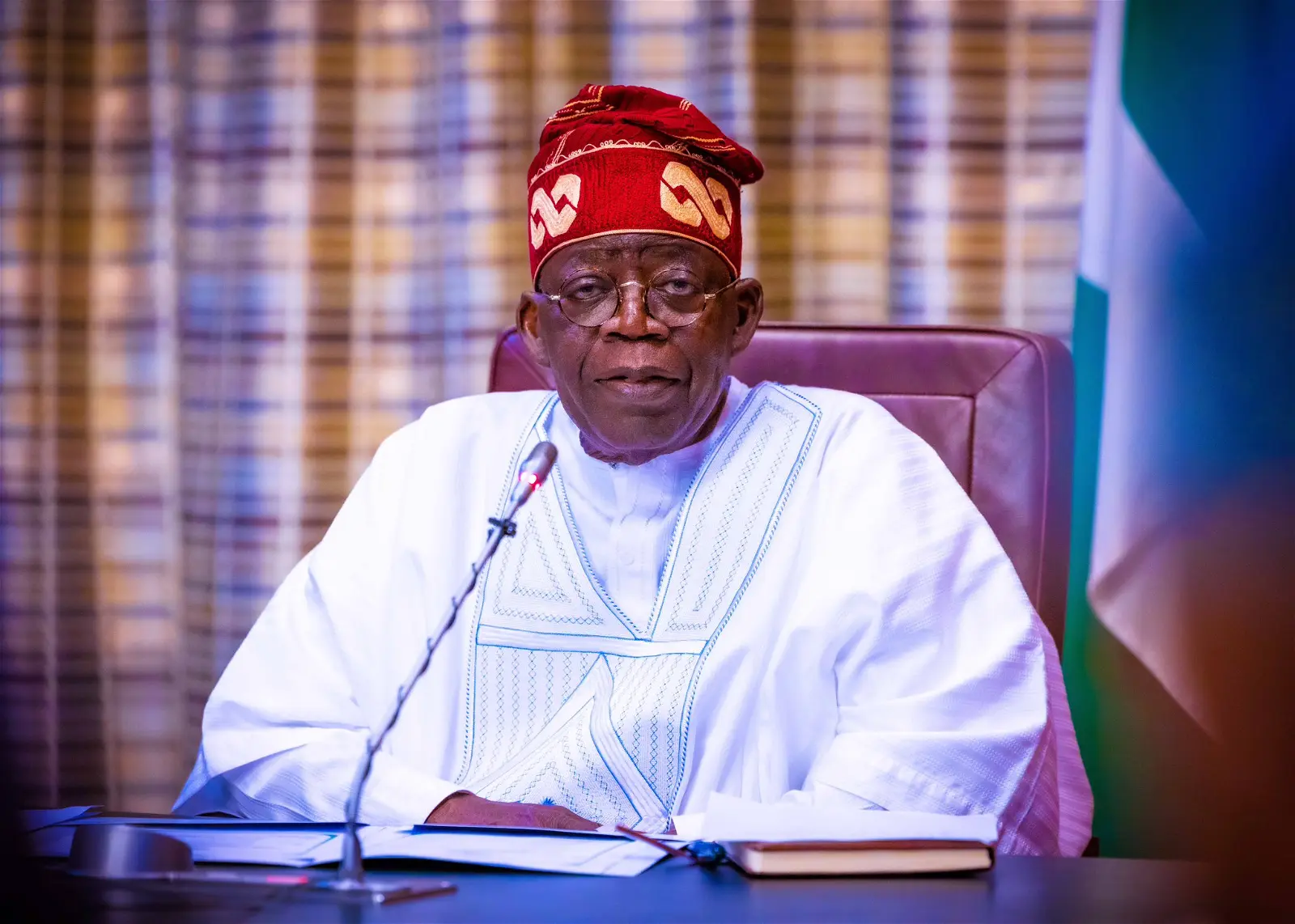

 VenturesNow2 days ago
VenturesNow2 days ago
 Sports2 days ago
Sports2 days ago
 Culture2 days ago
Culture2 days ago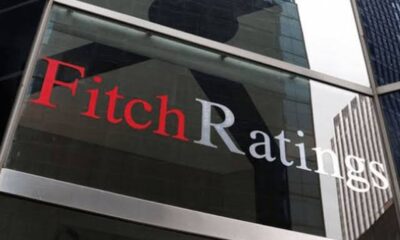
 VenturesNow1 day ago
VenturesNow1 day ago

